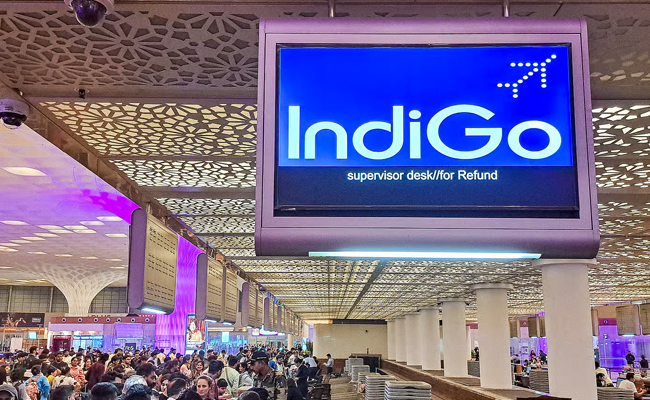New Delhi, Aug 23 : The Supreme Court on Thursday sought the Election Commission's response on a plea by Congress leaders alleging the existence of a large number of duplicate voters in electoral rolls in Madhya Pradesh and Rajasthan.
A bench of Justice A.K. Sikri and Justice Ashok Bhushan also sought a response from the State Election Commission as senior counsel Abhishek Manu Singhvi told the court that the EC was denying them the voters list in text mode citing privacy whereas in Rajasthan they had provided it in text mode.
Singhvi said the Election Commission manual itself mandates that text mode voters list would be made available to the contesting candidate and political parties. The court was informed that the last date for raising objections to the voters list ended on August 21.
Senior Congress leader Kamal Nath has moved to the top court raising issue of Madhya Pradesh and Sachin Pilot that of Rajasthan. Besides the voters list, there are other issues related to the Voter Verifiable Paper Audit Trail (VVPAT).
The court was told that they had pointed to the presence of 60 lakh duplicate voters in 102 Assembly constituencies in Madhya Pradesh and 42 lakh in Rajasthan, Singhvi said.
Senior counsel Vivek Tankha said that after initially contesting the presence of 60 lakh duplicate voters in the voters list in Madhya Pradesh, they had deleted 24 lakh names.
Speaking to media persons after the hearing, Tankha said that besides duplicate votes, there were issues of fake votes as well.
He said in one instance in Madhya Pradesh, a small dwelling showed 20 or more voters while in Rajasthan there were 100 voters with the same address.
Let the Truth be known. If you read VB and like VB, please be a VB Supporter and Help us deliver the Truth to one and all.
Bengaluru (PTI): The Karnataka government has issued directions to municipal corporations across the state to regulate and prohibit feeding pigeons in public places, citing serious public health concerns.
Deputy Secretary to Government V Lakshmikanth has written to the Urban Development Department requesting it to issue directions to the Greater Bengaluru Authority (GBA) and all municipal corporations to take immediate steps to implement the measures.
In an official note dated December 16 issued by the Health and Family Welfare Department and released to the media on Wednesday, the department said uncontrolled feeding of pigeons in public places has resulted in large congregations of birds, excessive droppings and serious health concerns, particularly respiratory illnesses linked to prolonged exposure to pigeon droppings and feathers such as hypersensitivity pneumonitis and other lung diseases.
ALSO READ: Chinese GPS tracker found on seagull near Karwar Coast
"The commissioner, the Greater Bengaluru Authority and the Commissioners and chief officers of other municipal corporations shall take necessary action to mitigate the causes of dangerous disease spread by pigeon and enforce specified guidelines in their respective jurisdiction," the note said.
According to the department, these include a prohibition on feeding pigeons or causing pigeons to be fed in areas where it may cause nuisance or pose a health hazard to the public. Pigeon feeding shall be permitted only in designated areas in a controlled manner, subject to certain conditions.
"The designated areas may be selected in consultation with stakeholders. The responsibility for upkeep of the designated areas and compliance to the directions shall be taken up by some charitable organisation or an NGO. The feeding in designated areas shall be permitted only for some limited hours in the day," it said.
The note further stated that authorised officers of local authorities shall issue on-the-spot warnings and may impose fines for violation of the order, or lodge complaints to prosecute offenders under Sections 271 (Negligent act likely to spread infection of disease dangerous to life) and 272 (Malignant act likely to spread infection of disease dangerous to life) of the Bharatiya Nyaya Sanhita.
It also directed local authorities to conduct public awareness campaigns, including the display of signboards, banners and digital messages, explaining the health hazards associated with pigeon droppings and feathers, the content of the regulatory directions and penalties for violations, and alternative humane methods of bird conservation that do not endanger public health.





